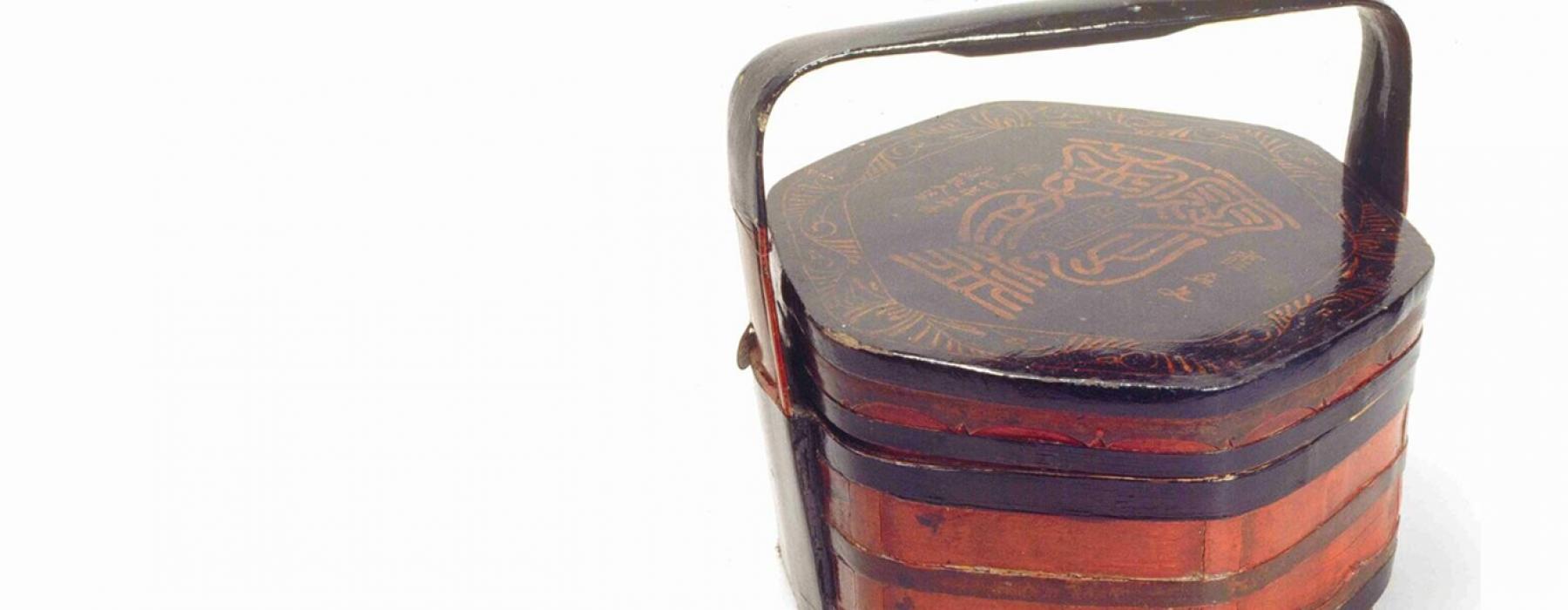
In an effort to nurture research on the collection of the Nationaal Museum van Wereldculturen (NMVW), which consists of nearly 450,000 objects and 750,000 photographic images, the Research Center for Material Culture (RCMC), the research institute of the Tropenmuseum, the Museum Volkenkunde, the Afrika Museum, and the Wereldmuseum in Rotterdam, welcomes fellows, junior fellows, research associates and university student interns. To learn more about each other’s inquiries and offer a means of doing research in a time in which social distancing and travel restrictions ask that we think our work differently, this mini-conference offers just one way for us to connect across spaces.
13:00 – Opening, Alessandra Benedicty-Kokken
13:10 – Welcome from Henrietta Lidchi (TBC) and Wayne Modest (TBC)
13:20 – 14:00:
Panel I: Careful (re)thinking of practices of the ethnographic
- Intro of Jessica Hemmings by Daan van Dartel
- Jessica Hemmings, “Reading Material”
- Valentina Gamberi, "Beyond the Mystical: Reflections on Asian Material Religion"
- Callum Fisher, "From Provenance to Potentiality: Museum Practices and Dispersed Collections"
14:00 – 14:30:
Panel II: Thinking and problematizing critical categories – the urban, the modern, the universal, the multicultural
- Robert Flahive, "Redefining the Van Nelle Factory: Modernist Site Entangled with the Histories of Colonialism"
- Dr. Alejandro Campos, "Multiculturalism in the work of Aldo and Hannie van Eyck. Rethinking universalist notions in architecture"
- Paoletta Holst & Paolo Patelli, "Resequencing the Logic of the Tillema Collections. Engaging Otherwise with the Colonial Archive"
14:30 – 15:20:
Panel III: Telling stories materially
- Jaimee Comstock-Skipp, "Cataloguing Persianate Arts of the Book in the Nationaal Museum van Wereldculturen"
- Leonor Faber-Jonker, "An African inheritance: Unlocking stories about objects from the home"
15:20 – 15:50:
Panel IV: Fashioning the stories we tell
Moderator: Daan van Dartel
- Ella Broek, Jane Stjeward-Schubert & Michelle Piergoelam, "The technique and the experience of Afro-Surinamese costume"
- Sabine Bolk, "Project Re-telling the History of the (Indo-)European Influence on Batik"
15:50 – 16:00: Closing













 The research aims to analyse the development of a multiculturalist discourse in European post-war architecture (50-60s) in response to universalist notions of the Modern Movement (1928-1959). It will focus on the work of the Dutch architects Aldo and Hannie van Eyck (1918-1999/2018), who built their theoretical framework by merging modern architecture, prewar European avant-garde and the artistic production of non-Western cultures. In order to do so, it will be necessary to introduce a bottom-up qualitative methodology to the field of architecture that will use the Van Eycks' own house in Loenen aan de Vecht (1964) as a source, where it remains their complete collection of ethnographic and modern art, library, travel photographs, and conference slides. The approach to the house as a case study, by a combination of quantitative and qualitative techniques for the analysis of the ethnographic and modern art collection, will permit a rich and complex understanding of the Van Eycks' non universalist world-view. The results would constitute the first postcolonial inquiry on the way in which the ethnographic paradigm of the sixties transformed post-war architecture.
The research aims to analyse the development of a multiculturalist discourse in European post-war architecture (50-60s) in response to universalist notions of the Modern Movement (1928-1959). It will focus on the work of the Dutch architects Aldo and Hannie van Eyck (1918-1999/2018), who built their theoretical framework by merging modern architecture, prewar European avant-garde and the artistic production of non-Western cultures. In order to do so, it will be necessary to introduce a bottom-up qualitative methodology to the field of architecture that will use the Van Eycks' own house in Loenen aan de Vecht (1964) as a source, where it remains their complete collection of ethnographic and modern art, library, travel photographs, and conference slides. The approach to the house as a case study, by a combination of quantitative and qualitative techniques for the analysis of the ethnographic and modern art collection, will permit a rich and complex understanding of the Van Eycks' non universalist world-view. The results would constitute the first postcolonial inquiry on the way in which the ethnographic paradigm of the sixties transformed post-war architecture.
 My doctoral research focuses on the ways in which practitioners working in different types of museum engage with the anti-colonial and world-making potential of collections acquired in colonial contexts. The objects at the centre of my research originate from Australia and the Southern Pacific, where they were acquired through various means by employees of Hamburg’s former Godeffroy Museum. When this institution was dissolved in 1885, its inventory was sold to ethnographic and natural history museums throughout Europe. My research pays particular attention to the consequences of this dispersal.
My doctoral research focuses on the ways in which practitioners working in different types of museum engage with the anti-colonial and world-making potential of collections acquired in colonial contexts. The objects at the centre of my research originate from Australia and the Southern Pacific, where they were acquired through various means by employees of Hamburg’s former Godeffroy Museum. When this institution was dissolved in 1885, its inventory was sold to ethnographic and natural history museums throughout Europe. My research pays particular attention to the consequences of this dispersal.


